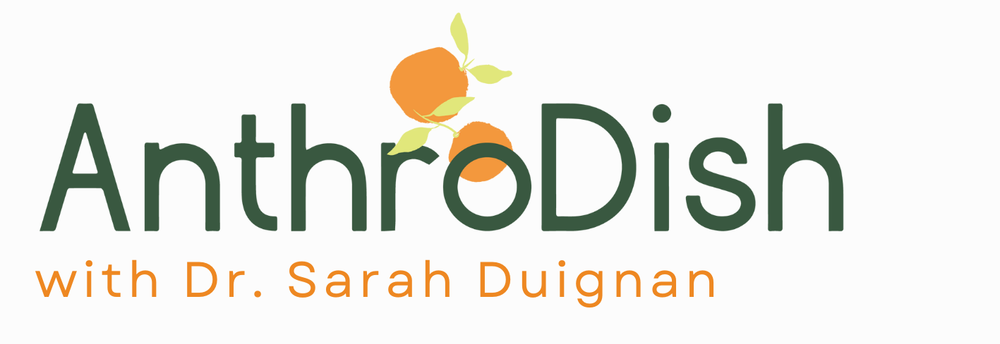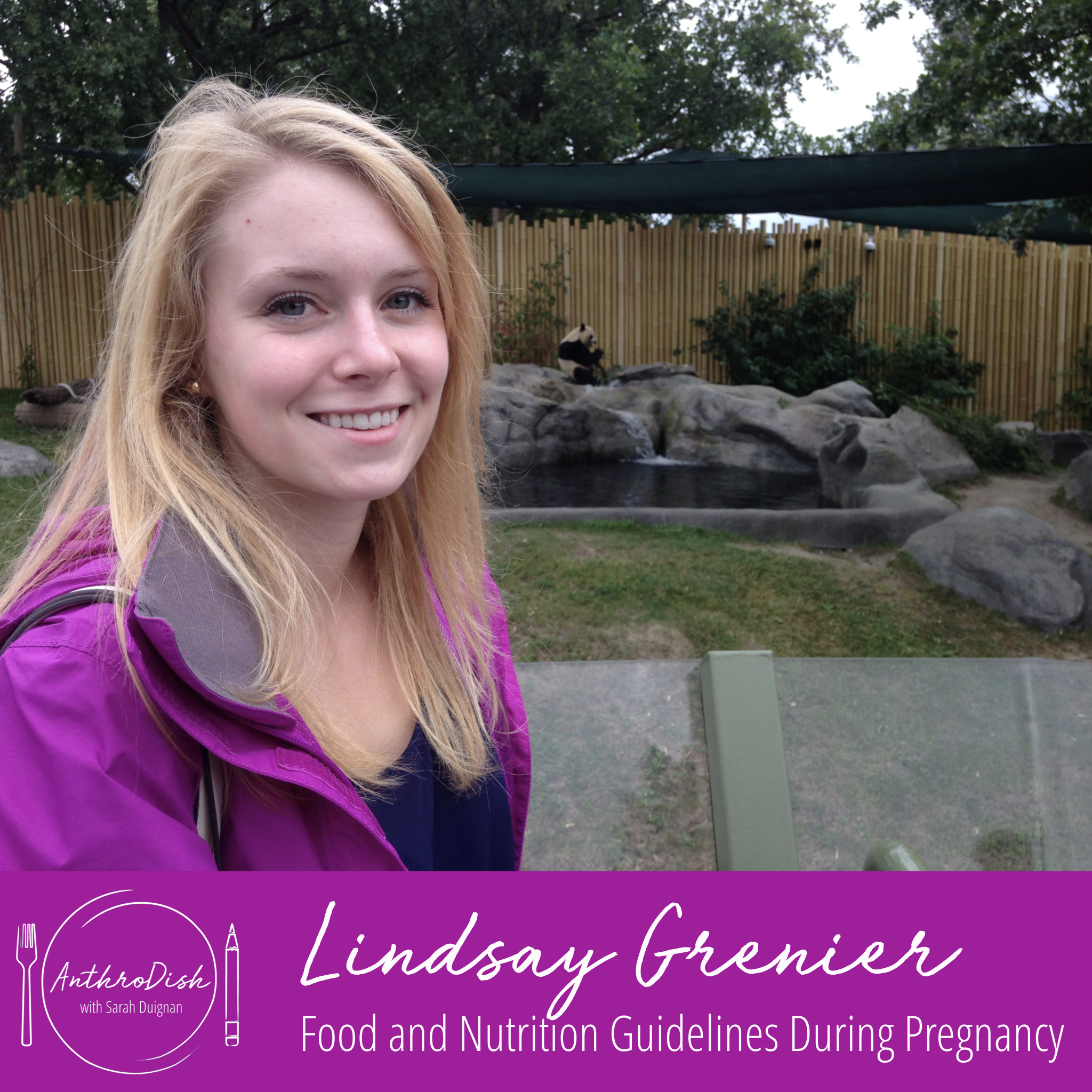For some, the idea of fermentation is relatively new and topical. For others, it’s a deeply engrained part of their cultural background. I’m relatively new to learning about the process of fermenting foods, and a lot of my appreciation comes from this week’s guest, Alexis Goertz! Alexis is a fermentation coach and expert, as well as the co-founder of Edible Alchemy CoLaboratory.
Edible Alchemy was founded in Winnipeg in January 2013 by Alexis and her friend and business partner Natalie Elizabeth, where they hosted workshops about the possibilities and inevitabilities of the microbial world. This led to a spread of exciting ventures, including the Probiotic Bacteria Bar, talks, discussions, tours, workshops, and more. Alexis moved to Berlin in 2014 and brought the first Bacteria Bar with her to see if there was any interest. Undoubtedly it brought a large following, and Alexis began to expand the Edible Alchemy CoLaboratory across two continents.
In our interview, Alexis shares her wealth of knowledge surrounding fermented foods and microbiome health. She explores the history and reasons that cultures ferment their foods worldwide, the importance of fermentation for gut health, and the ways in which fermentation scenes compare and differ between North America and Europe. We also talk all about how she’s helping to change the perspective on “scary” or “gross” words like bacteria, yeast and mould – so if those may you a bit squeamish, stay tuned, because she does an amazing job normalizing the idea of bacterias and moulds. She taught me SO much in our interview and has a natural passion and ease translating the science of fermentation in a fun, edu-taining way!
Listen to the episode in the player above, or download on iTunes, Spotify, Stitcher, or Google Music!
Resources:
Main website: http://ediblealchemy.co
Online courses: https://ediblealchemyacademy.com/courses
Sandor Katz's Art of Fermentation
Social:
Instagram: @ediblealchemydotco
Facebook: @EdibleAlchemyColaboratory









